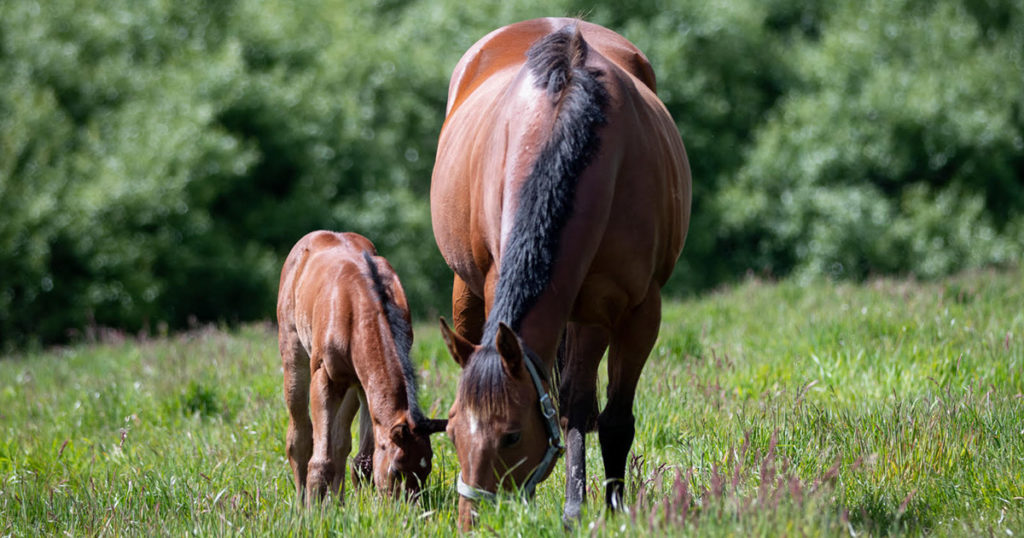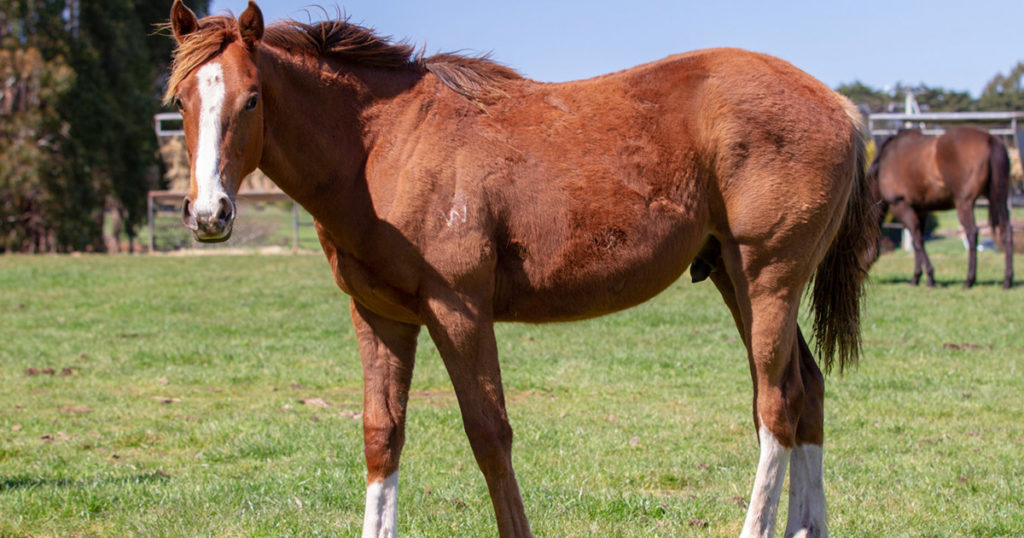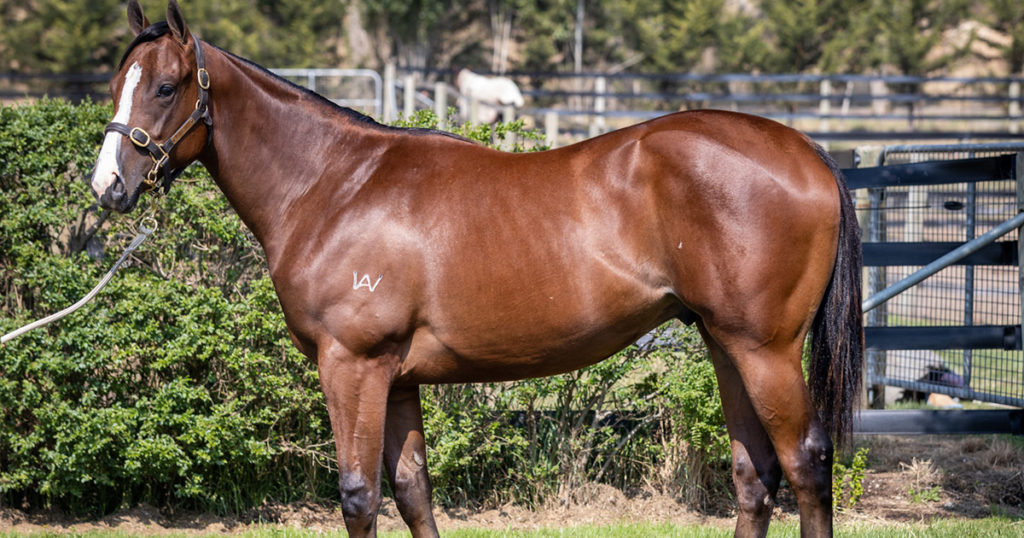The habit of chewing wood (lignophagia) is a common behaviour observed in horses and ponies. Why do they do it? And what can it tell us?
From a dietary perspective, it is thought that horses may chew wood when they aren’t consuming enough fibre in their diet. This can happen to horses who are kept in stables or in paddocks. It’s common to think that horses who are grazing pasture are consuming enough fibre to meet their needs, but grass is relatively low in fibre. Unless sufficient hay is fed in addition to grass, horses will likely fall well short of their fibre requirements. Adequate fibre in the diet is incredibly important for optimal gastrointestinal (GI) function, promoting balanced microbial flora of the GI tract, preventing ulcers, supporting immune function and supporting neurotransmitter production (just to name a few of its roles!). To read more about the importance of fibre for horses and ponies visit the articles: Hay, Stomach (Gastric) & Hindgut (Colonic) Ulcers; Fibre, Chewing and Gastrointestinal Health; Why Basics Matter: The Importance of Chewing.
Lignophagia may also be due to boredom (which again, can commonly arise due to not enough grazing). Left unaddressed, chewing wood may develop into a stereotypy behaviour. As with any abnormal behaviour it should be viewed in a holistic context.
Other reasons for a horse to chew wood may be due to poor GI health- particularly imbalances in the microflora population of the digestive tract. This is commonly associated again with insufficient fibre in the diet (although there are many other factors which may also contribute). Specific micronutrient insufficiencies/deficiencies may also play a part in lignophagia. Weather conditions can play a role in the habit in some horses, with research showing that horses are more likely to gnaw on wood during wet, cold weather. This may be due to an instinctive urge for more roughage in their diet as temperatures fall.
Identifying and addressing the reasons why a horse is chewing wood is important, as the behaviour comes with its own set of health risks in our horses and ponies. Chewing wood places unnecessary wear on a horse’s front teeth, which can make chewing less effective and hinder digestion. They may also ingest sharp wood fragments, which can injure your horse’s digestive system. In rare cases, they may also lead to the formation of enteroliths (intestinal stones that form within the colon and can obstruct the intestine, resulting in colic).

Camilla Whishaw is a highly regarded, experienced horsewoman and naturopath, helping to holistically treat and manage a broad range of equine health conditions and injuries, with a passion for mare and stallion fertility.
As a world-renowned practitioner, presenter, author, and consultant in the field of Equine Naturopathy, Camilla shares her knowledge through keynote presentations, interviews, lectures, panel sessions, and workshop training.





